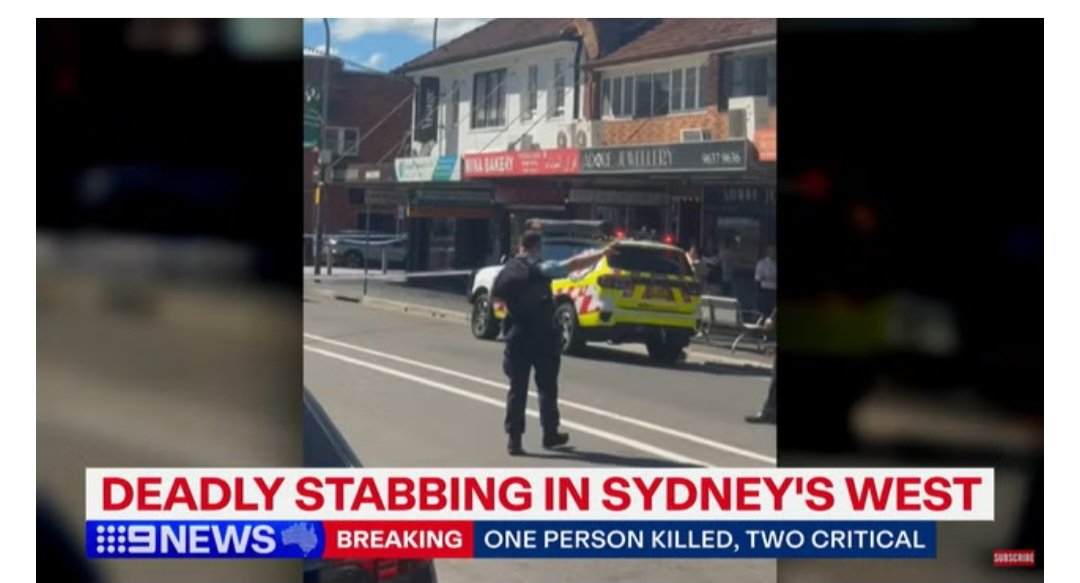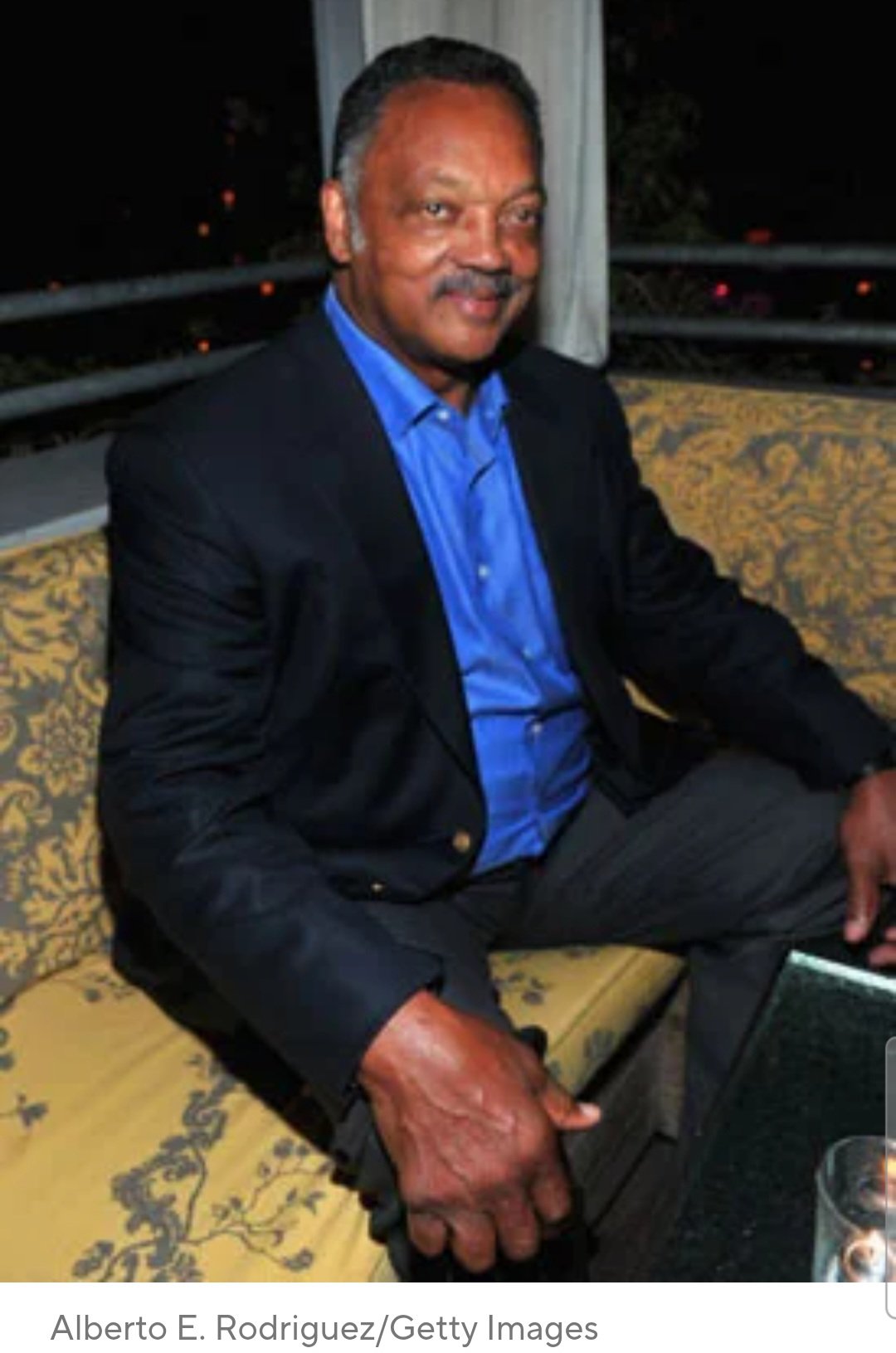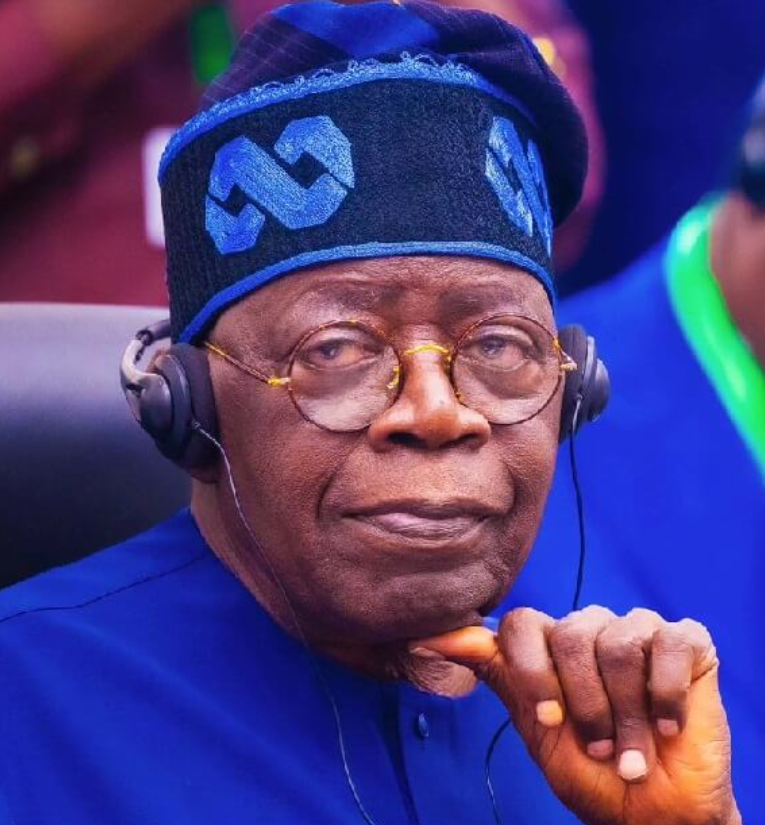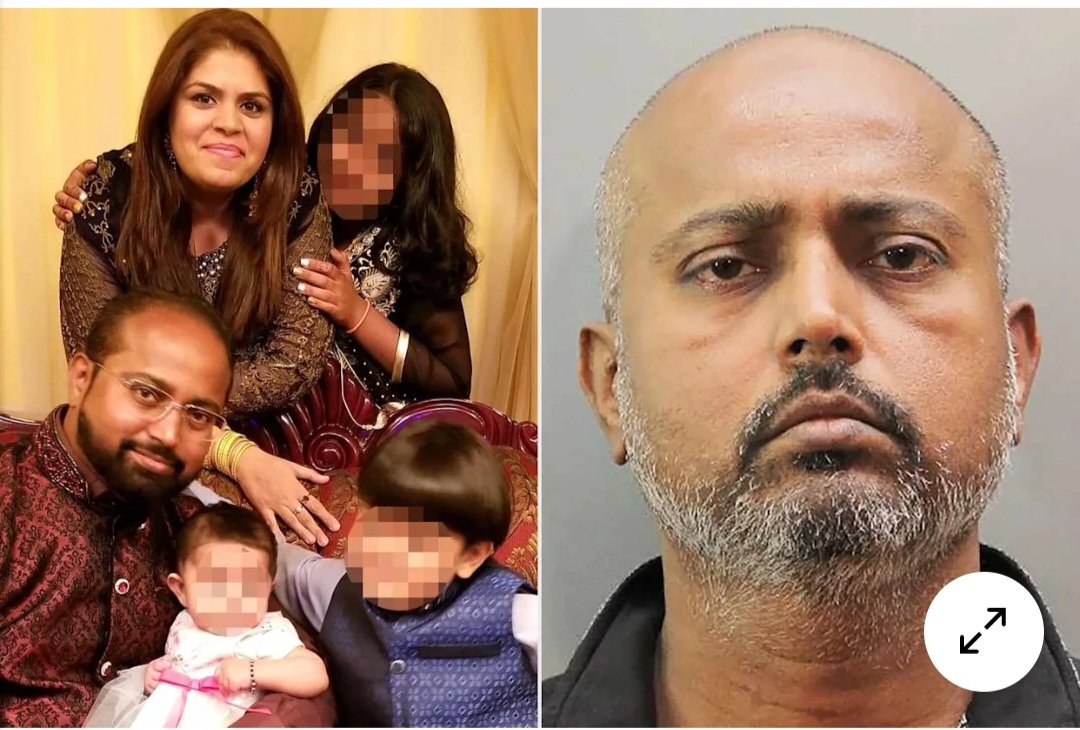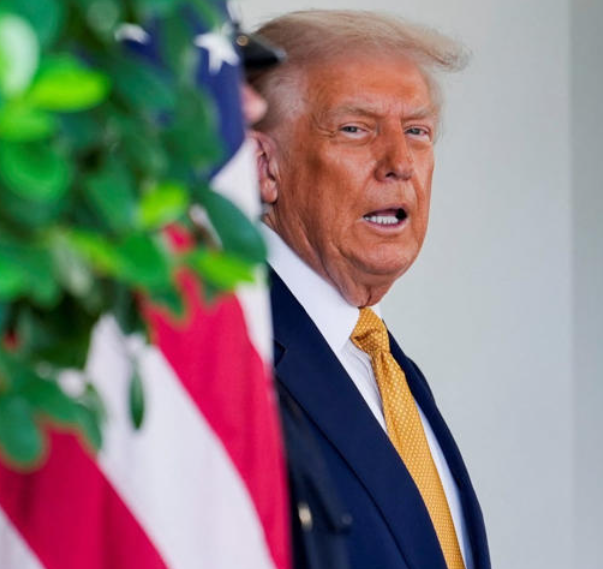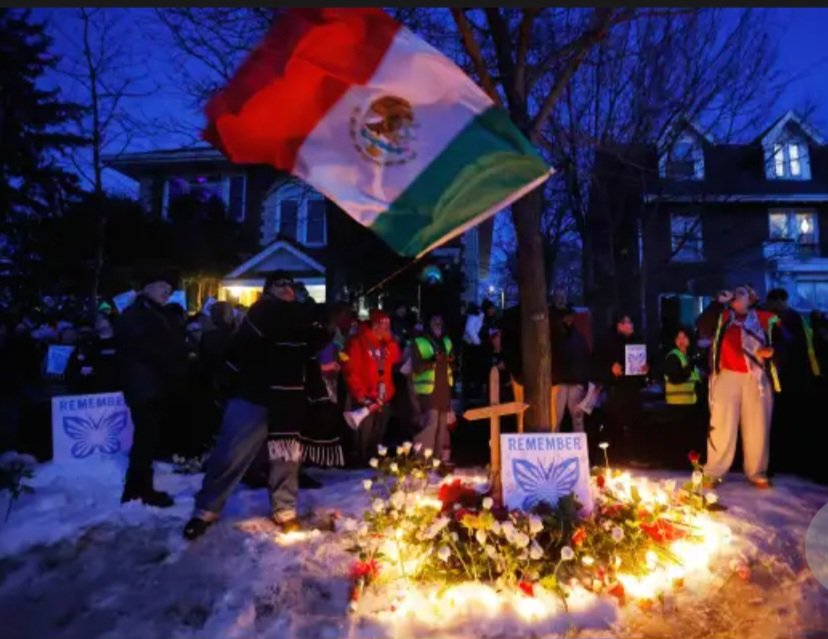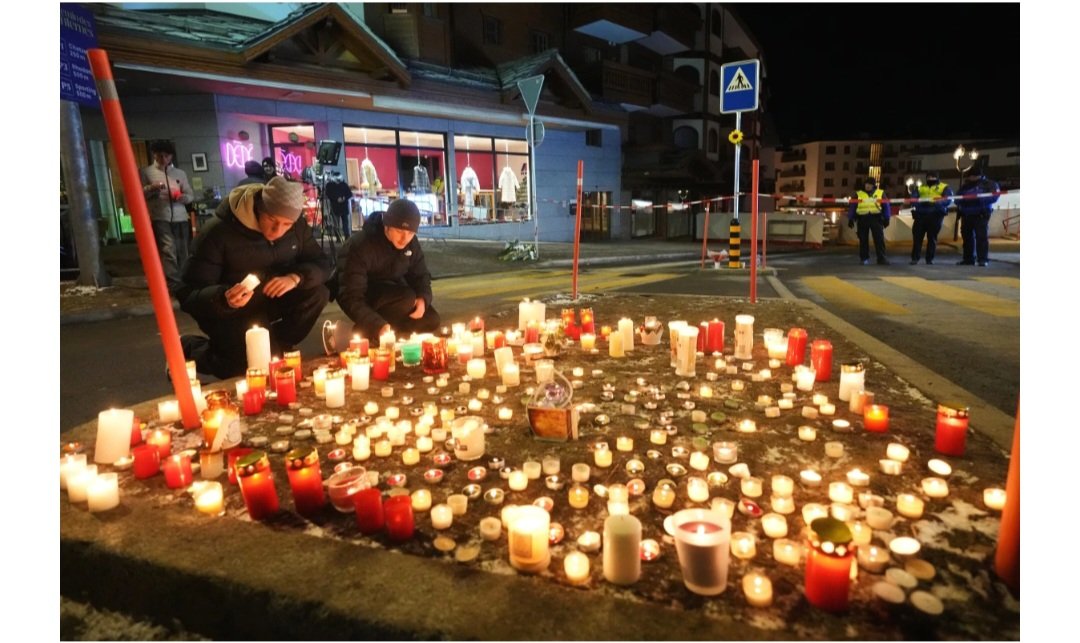Former President Donald Trump, convicted this week in a hush money trial, stood in a Manhattan courthouse historically linked to one of New York’s most infamous miscarriages of justice—the wrongful conviction of five Black and Latino youths in the 1989 Central Park jogger case. Trump, who had called for the execution of the accused in that case, now finds himself decrying the very criminal justice system he once championed.
“This is a scam,” Trump declared about his conviction by the Manhattan District Attorney’s Office, led by Alvin Bragg, the first Black person to hold the role, and overseen by Judge Juan Merchan, of Colombian descent. “This is a rigged trial. It shouldn’t have been in that venue. We shouldn’t have had that judge,” Trump said Friday from Trump Tower.

The irony of Trump’s complaints was not lost on many Black Americans. The Central Park Five—Antron McCray, Kevin Richardson, Yusef Salaam, Raymond Santana, and Korey Wise—were wrongly convicted 34 years ago in a trial that highlighted racial prejudices within the justice system. Trump’s vociferous support for their execution and his tough-on-crime rhetoric from that period have long been seen as racially charged dog whistles.
Civil rights attorney Maya Wiley, CEO of the Leadership Conference on Civil and Human Rights, noted the disconnect. “Donald Trump’s conviction is going to be a problem for him with many Black people because, guess what, many Black people do not like people who violate our criminal laws,” Wiley said. “Black people are disproportionately the victims of crime. It’s not that they just side with people who’ve been convicted of a crime.”
The Rev. Al Sharpton, an advocate for the exonerated men, viewed Trump’s conviction as a symbolic measure of justice. “This is the same building that Antron McCray, Kevin Richardson, Yusef Salaam, Raymond Santana, and Korey Wise all passed into, day after day, as they endured a show trial for a crime they did not commit,” Sharpton said. “Now the shoe is on the other foot. Donald Trump is the criminal, and those five men are exonerated.”
Salaam, who now serves on the New York City Council, refrained from celebrating Trump’s guilty verdict. “Even though Donald Trump wanted me executed even when it was proven that I was innocent,” Salaam stated, “we should be proud that today the system worked. But we should be somber that we Americans have an ex-President who has been found guilty on 34 separate felony charges.”

Judith Browne Dianis, executive director of the Advancement Project Action Fund, highlighted the differences in Trump’s treatment by the justice system compared to that of Black and Hispanic communities. “He didn’t have a violent arrest by police, he didn’t stay a night in Rikers Island because he couldn’t afford bail, he didn’t even go to jail,” Dianis said.
Derrick Johnson, president and CEO of the NAACP, called the verdict against Trump “a monumental step toward justice for the American people,” and stressed that Trump’s criminal conviction should disqualify him from returning to the Oval Office. “As Black Americans have been denied basic human rights due to less offensive crimes, any attempt to advance Donald Trump’s nomination for presidency would be a gross advancement of white supremacist policy,” Johnson said.
Sharpton urged the public to use this moment as motivation for political engagement. “Celebrate by casting votes for leaders who will protect democracy—not who want to kill it,” he said.
Credit: AP
